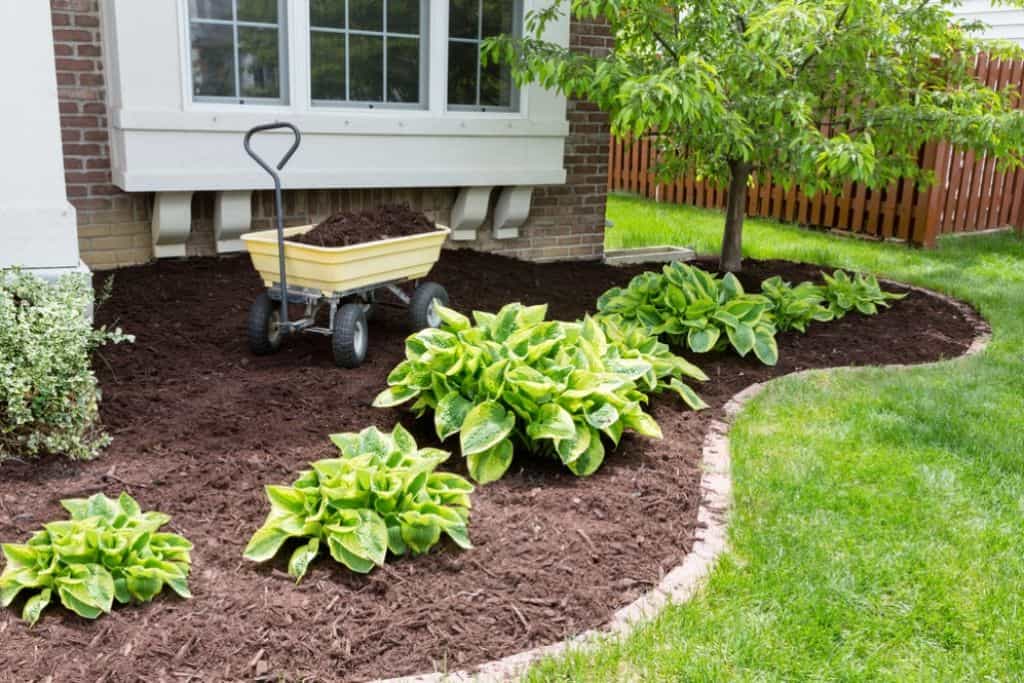Mulch can sometimes make the difference for your gardening success. Mulch can keep the soil cooler, it can protect from erosion and even suppress weeds. There are some types of mulch you can use for best results in your garden and here are some of them.
1. Hay
Grass hay, when dried and baled, can be a supplement rich source. Hay is supplement rich and thick. It’s incredible for weed suppression. The cons when using hay are: The weed seed can be terrible for gardens. You should try solarizing the bales previously or in the wake of mulching.
2. Straw
Straw contains less weed seeds than hay, and it’s light and easy to move. Straw is an extraordinary carbon source too, and it keeps the soil cool in the summer. However, the downside is that straw can keep soil excessively cool in the spring for planting, and it can contain the seeds from its grains, which will transform into a weed. Likewise, be aware of broadleaf herbicides. Some farmers spray their straw fields to get cleaner straw.
3. Compost
Compost can make extraordinary mulch when applied to the surface to cover soil. It can warm soil somewhat while holding warmth, and add fertility.This method can be a bit expensive, so you can try finding another way to acquire it. You can also make your own if you have the methods and the raw material.
4. Wood Chips
Fallen branches and old trees frequently get transformed into wood chips, which can be great for the garden, used both as decorative pieces or as mulch. Wood chips are not too bad at weed suppression, they’re light and easy to move.
See also: 4 Things you should know about wood chip mulch
However, any area that wood chips touch, they temporarily absorb nitrogen that your plants need. So it is best to keep them in the garden path or around perennials only.
5. Peat Moss
This is the dried moss from peat bogs. It’s light and can be to some degree “dusty.” Peat is cheap and light so it is easy to move and spread.
It’s an acidic substance so you may need to mix it with something alkaline (for example, lime). Consult a soil expert if you plan to use large amounts.
6. Leaves
Leaves can make an excellent (and free) supplement rich, ground spread. Leaves are to spread and easy to obtain. They contain a ton of the kinds of organic matter worms love.
It is best however, not to to use leaves mulch for garlic and bulb flowers because they can get tangled and make it pretty hard for perennials to come through.

